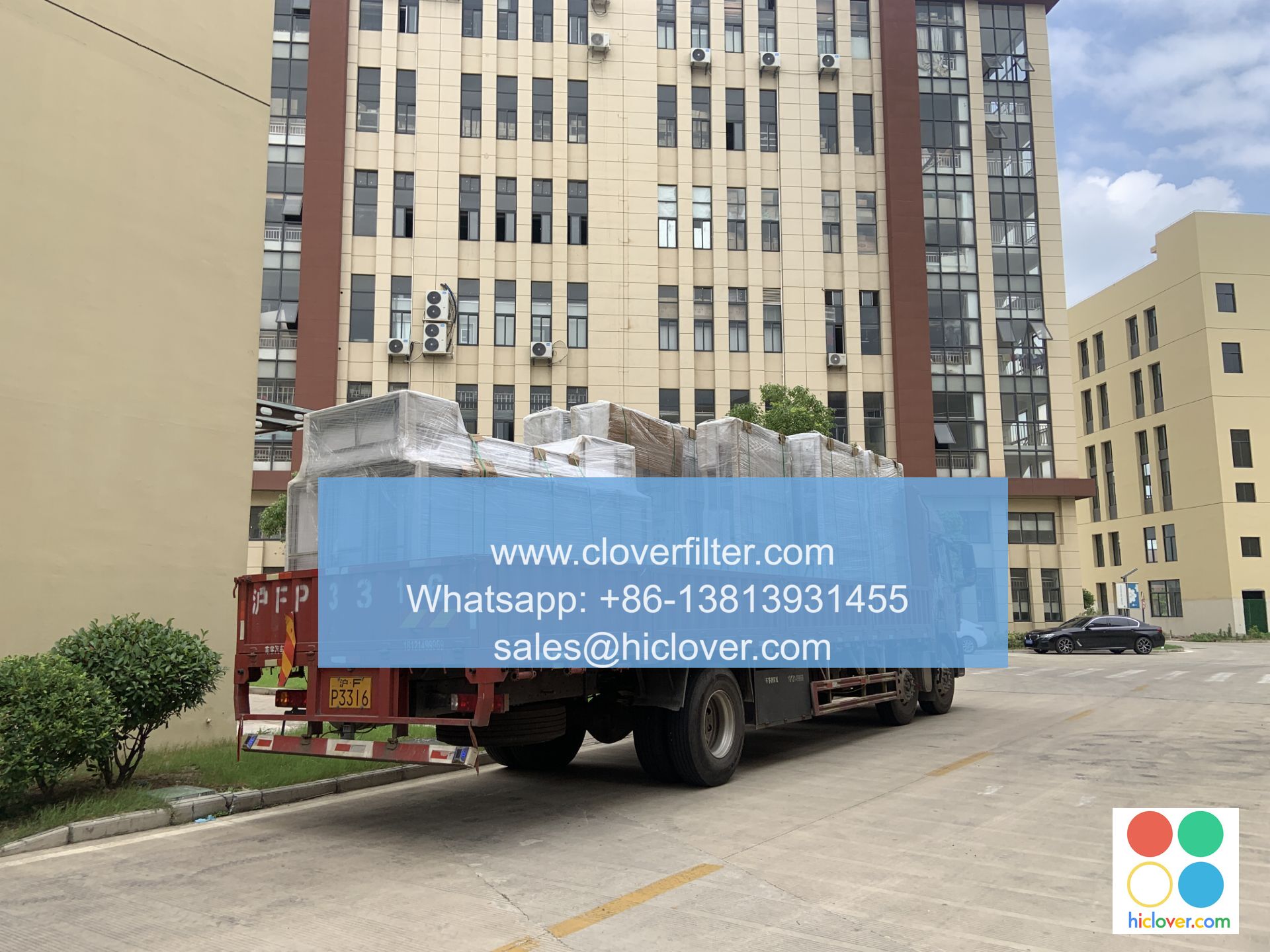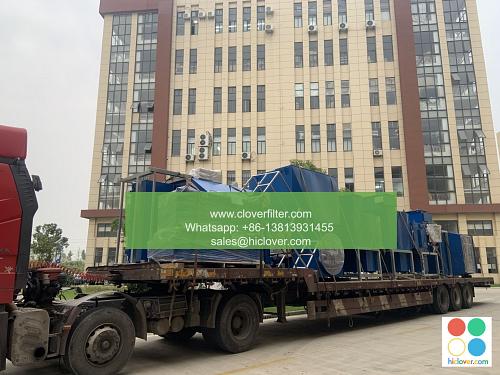Air Filter Maintenance: A Guide for Tenant Occupancy

Proper air filter maintenance is crucial for ensuring good indoor air quality, reducing energy consumption, and minimizing the risk of health problems associated with poor air quality. As a tenant, it is essential to understand the importance of air filter maintenance and take proactive steps to ensure that the air filters in your rented space are clean and functioning correctly. In this article, we will provide a comprehensive guide on air filter maintenance for tenant occupancy, highlighting various application areas and key considerations to keep in mind.
Why Air Filter Maintenance Matters
Air filters play a critical role in removing airborne pollutants, such as dust, pollen, and other particles, from the air. Over time, these filters can become clogged and less effective, leading to a range of problems, including reduced indoor air quality, increased energy consumption, and premature wear and tear on HVAC systems. Regular air filter maintenance can help to prevent these issues and ensure that the air in your rented space is clean and healthy to breathe.
Types of Air Filters and Their Maintenance Requirements
There are several types of air filters available, each with its own unique maintenance requirements. Some of the most common types of air filters include:
* Fiberglass filters: These filters are designed to capture larger particles and should be replaced every 1-3 months.
* Pleated filters: These filters are more efficient than fiberglass filters and should be replaced every 3-6 months.
* HEPA filters: These filters are designed to capture very small particles and should be replaced every 6-12 months.
* Activated carbon filters: These filters are designed to capture odors and gases and should be replaced every 3-6 months.
How to Maintain Air Filters
Maintaining air filters is a relatively simple process that can be done by tenants themselves. Here are some steps to follow:
1. Check the filter regularly: Check the air filter every month to see if it needs to be replaced.
2. Replace the filter as needed: Replace the air filter according to the manufacturer’s instructions or when it becomes clogged.
3. Clean the filter: Some air filters can be cleaned and reused. Check the manufacturer’s instructions to see if this is an option.
4. Upgrade to a higher-quality filter: Consider upgrading to a higher-quality air filter, such as a HEPA filter, to improve indoor air quality.
Benefits of Proper Air Filter Maintenance
Proper air filter maintenance can have a range of benefits, including:
* Improved indoor air quality: Regular air filter maintenance can help to remove airborne pollutants and improve indoor air quality.
* Reduced energy consumption: Clean air filters can help to reduce energy consumption by allowing HVAC systems to run more efficiently.
* Minimized risk of health problems: Proper air filter maintenance can help to minimize the risk of health problems associated with poor air quality.
* Extended lifespan of HVAC systems: Regular air filter maintenance can help to extend the lifespan of HVAC systems by reducing wear and tear.
Conclusion
Air filter maintenance is a critical aspect of tenant occupancy, and it is essential to understand the importance of regular maintenance to ensure good indoor air quality, reduce energy consumption, and minimize the risk of health problems. By following the guidelines outlined in this article and highlighting various application areas, tenants can take proactive steps to maintain their air filters and enjoy the benefits of proper air filter maintenance. Remember to always check the manufacturer’s instructions for specific maintenance requirements and to upgrade to a higher-quality filter if necessary. It appears you haven’t provided a specific question or topic for discussion. Could you please provide more details or clarify what you would like to talk about? I’m here to help and provide information on a wide range of subjects.

